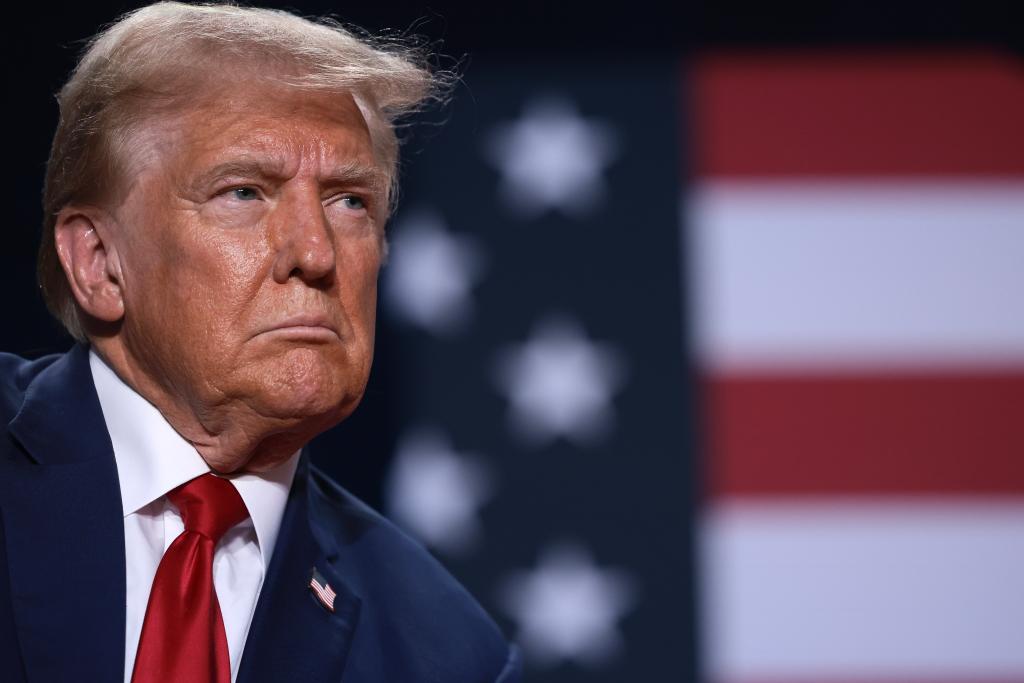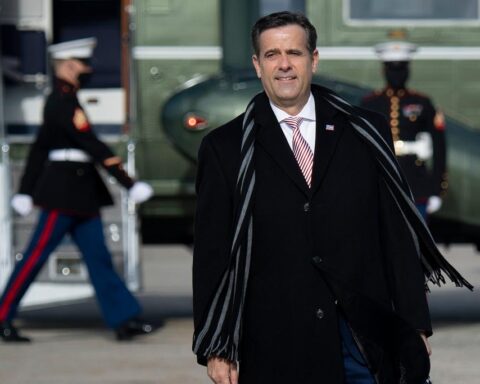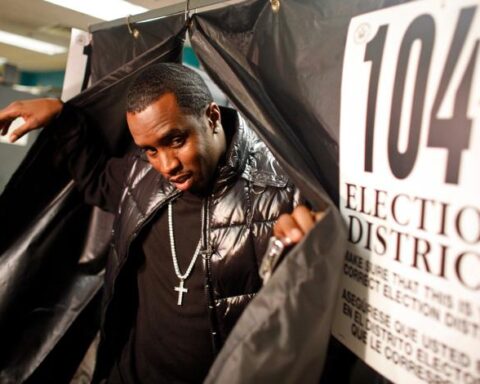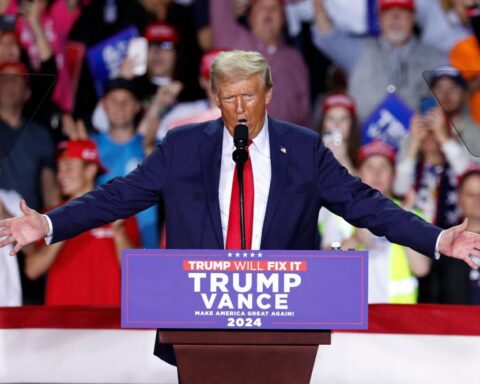In a recent campaign event, former President Trump urged Israel to strike Iran’s nuclear facilities, condemning President Biden’s cautious stance amid escalating tensions in the region.
Former President Donald Trump is once again vocalizing his stance on U.S. foreign policy, this time urging Israel to take decisive action against Iran’s nuclear capabilities. During a Q&A session with voters in Fayetteville, North Carolina, on Friday, Trump criticized President Biden for advising the Israeli government to exercise restraint in its response to Iran’s provocations.
“I listened to Biden yesterday … they asked him, what do you think about Iran, would you hit Iran, and he goes, ‘as long as they don’t hit the nuclear stuff,’” Trump said. “That’s the thing you want to hit, right?” He further asserted that the nuclear threat posed by Iran is “the biggest risk we have,” suggesting that the Biden administration’s approach is fundamentally flawed.
Trump’s remarks come amid heightened tensions in the region, with Iran launching 200 ballistic missiles into Israel earlier this week. Although most of these missiles were intercepted by Israel’s Iron Dome anti-missile defense system, the conflict has already seen casualties, including the death of a Palestinian man in the West Bank who was killed by debris from an intercepted missile.
In a reflection of ongoing tensions, Israel has vowed to retaliate against Iran, receiving support from President Biden to do so. However, the Biden administration has also called for restraint, emphasizing a cautious approach in the face of escalating hostilities. “The answer is no,” Biden stated emphatically on Wednesday, reaffirming that discussions would be held with Israeli officials regarding their intended course of action.
Trump’s call for aggressive action is indicative of the broader discourse surrounding U.S. policy in the Middle East. As the situation develops, the contrasting strategies of the Trump and Biden administrations will likely continue to shape the narrative in American politics and international relations.
4o mini
What’s Biden’s next step?
How will Israel respond?


















